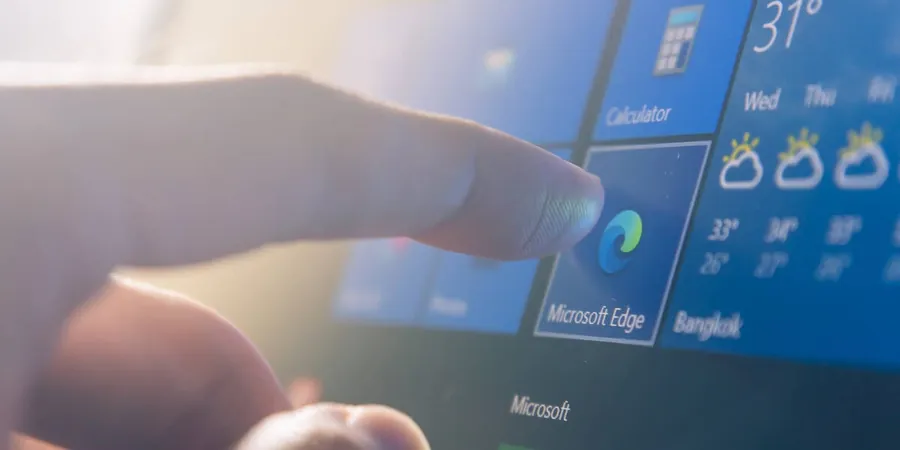
With Only 10 Months Left, Windows 10 Continues to Rule the Desktop Realm
2025-01-02
Author: Jia
Windows 10 Holds Strong
As we edge closer to 2025, Microsoft finds itself at a crossroads, grappling with the stark reality that Windows 11 has yet to capture the desktop market as anticipated. According to the latest figures from Statcounter for December 2024, Windows 10's market share has surprisingly edged up to 62.7%, while Windows 11 has seen a slight decline to 34.12%, down from 34.94% in November 2024. These statistics are telling – they indicate that many users are sticking with Windows 10, despite Microsoft’s aggressive push for its successor.
Windows 11's Barriers
Windows 11 offers several features and a more modern interface, but the stringent hardware requirements—like needing a relatively recent CPU and TPM 2.0 support—are turning potential users away. Many users may have tested Windows 11, only to return to the familiarity and comfort of Windows 10. Additionally, as analysts suggest, a significant number of devices are still sold with Windows 10 pre-installed, further solidifying its position in the market.
Market Trends and Analyst Insights
Kieren Jessop, an analyst at Canalys, emphasized this trend, noting that in the U.S., Windows 10’s market share skyrocketed from 58% in October to an impressive 67% by December. He attributes this to various factors, including requirements from enterprises and public institutions that prioritize stability and compatibility. As organizations often downgrade new Windows 11 machines to Windows 10 for a smoother transition, the shift becomes evident.
Impact of Political Changes
Moreover, with looming budget cuts in government anticipated under a new Trump administration, Jessop speculates that this may drive procurement of Windows 10 machines to ensure a stable working environment amidst uncertainty.
The Countdown to Support End
The clock is ticking towards October 14, 2025, when many editions of Windows 10 will lose free support. Users will face a daunting decision—either purchase Extended Security Updates (ESU) or risk using an unsupported operating system vulnerable to cyber threats. The lack of official statistics from Microsoft only adds to the growing concern about the OS transition. They have not revealed plans to adjust the hardware requirements for Windows 11 or consider extending support for Windows 10, further heightening uncertainty.
Cautious Adoption of Windows 11
Interestingly, while there are indications of enterprises transitioning to Windows 11, the pace is much slower than Microsoft hoped. The hype around AI-enhanced PCs is also failing to translate into significant adoption, suggesting that businesses are adopting a more cautious approach regarding new tech.
The Path Forward for Microsoft
With only ten months left for Windows 10's support and the competitive landscape shifting under Microsoft’s feet, it seems clear that swift action is needed. The tech giant must reconsider its strategies to either offer extended support for Windows 10 or make Windows 11 more accessible, teasing the question: Can Microsoft turn the tide before it loses the loyalty of its Windows 10 user base entirely? Stay tuned as the situation unfolds—this battle for the desktop supremacy is far from over!



 Brasil (PT)
Brasil (PT)
 Canada (EN)
Canada (EN)
 Chile (ES)
Chile (ES)
 Česko (CS)
Česko (CS)
 대한민국 (KO)
대한민국 (KO)
 España (ES)
España (ES)
 France (FR)
France (FR)
 Hong Kong (EN)
Hong Kong (EN)
 Italia (IT)
Italia (IT)
 日本 (JA)
日本 (JA)
 Magyarország (HU)
Magyarország (HU)
 Norge (NO)
Norge (NO)
 Polska (PL)
Polska (PL)
 Schweiz (DE)
Schweiz (DE)
 Singapore (EN)
Singapore (EN)
 Sverige (SV)
Sverige (SV)
 Suomi (FI)
Suomi (FI)
 Türkiye (TR)
Türkiye (TR)
 الإمارات العربية المتحدة (AR)
الإمارات العربية المتحدة (AR)